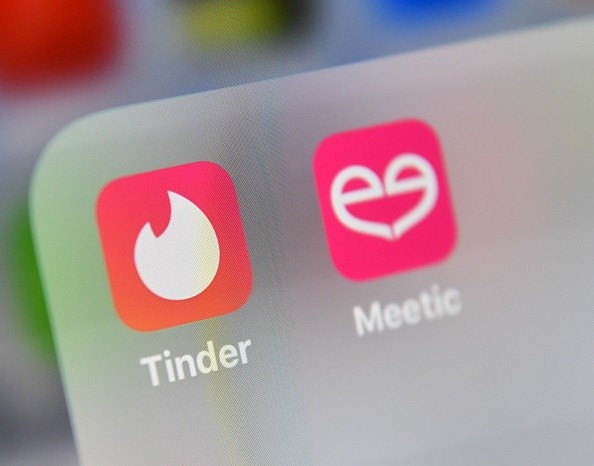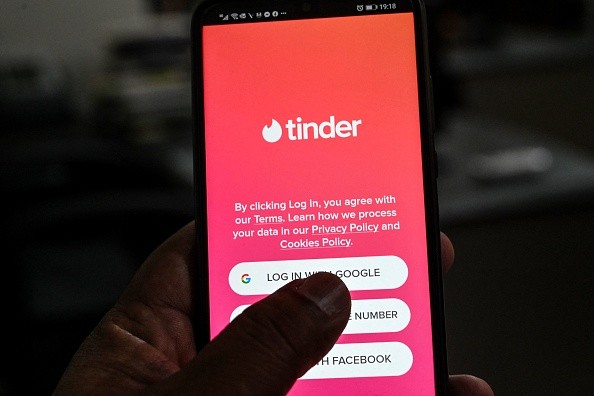Tinder and other dating apps can now prevent romance scams.

Their parent company, Match Group, announced its new campaign against romance scams and other malicious online activities.
The tech firm's latest initiative is a part of the global public awareness about romance scams.
Although this campaign will only last until the end of January, Match Group said it would continue helping users avoid them periodically.
Tinder, Other Dating Apps to Prevent Romance Scams
According to Tech Crunch's latest report, Match Group's new anti-romance scam campaign will introduce in-app messages and email notifications.

Also Read : LockBit Ransomware Gang Offers Decryptor to SickKids Hospital, Apologizes After Wrongful Attack
These will share different tips on how to avoid romance scams.
Tinder and Meetic will specifically be dating apps receiving in-app messages.
Meanwhile, OurTime, Plenty of Fish, Hinge, and Match users will receive the message and email notifications with scam-related advice.
Match Group will provide tips, such as video chatting with matches before meeting them in person, checking profile picture verifications, and identifying romance scammer red flags.
What to Know About Romance Scams
Unlike other malicious campaigns, romance scams have been victimizing people for the past years.
This type of scam will not go out of date because it doesn't rely on malware, ransomware, or other technical stuff to fool victims.
FTC's official website explains that romance scams mainly rely on building trust. Cybercriminals behind them will spend lots of time getting people's money.
They will chat or talk with their victims several times a day until they have their trust. After that, they will start asking for money from their victims.
If a dating app match shows the following signs, then there's a chance he/she is a romance scammer:
- Always asking for money for medical expenses, tickets (claiming they will visit you), or other expenses.
- They will always have a reason not to have a video chat or meet you in person.
- They will always insist on guiding you on how to send them your money.
Aside from dating apps, cybercriminals are also targeting giant social media platforms.
Recently a hacker claimed he sold around 400 million Twitter user data.
We also reported that some TikTok employees allegedly gained access to the user data of journalists.
For more news updates about romance scams and other malicious campaigns, keep your tabs open here at TechTimes.
Related Article : Dating Apps Flourish in China Despite Restrictions-Here's Why Chinese Government Allows Them

ⓒ 2026 TECHTIMES.com All rights reserved. Do not reproduce without permission.




